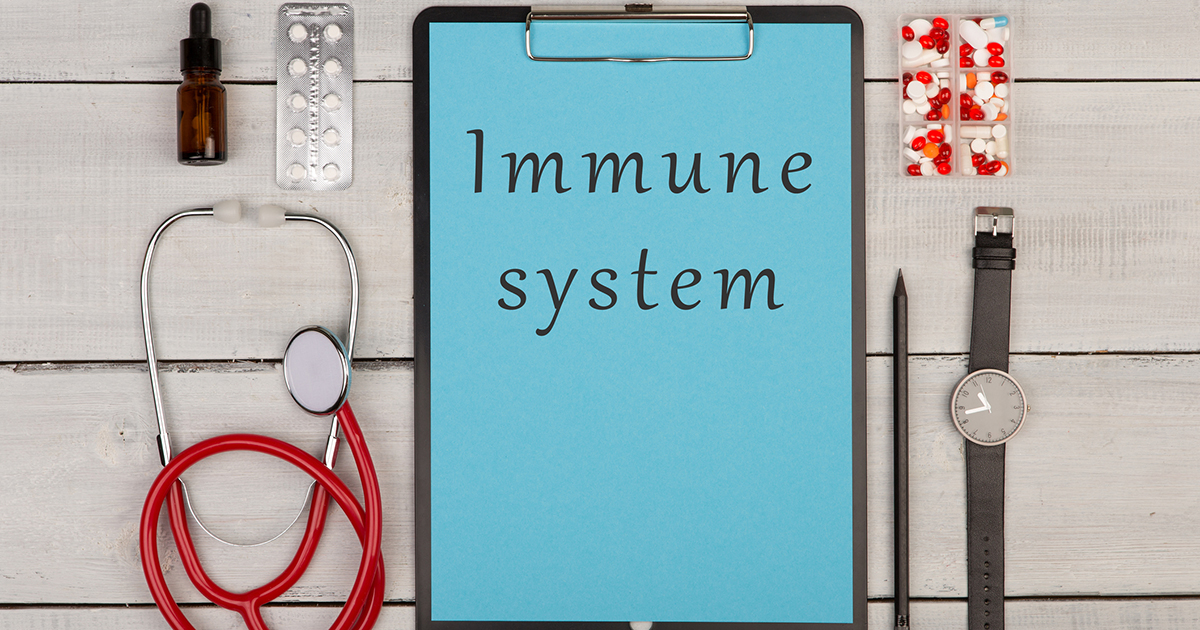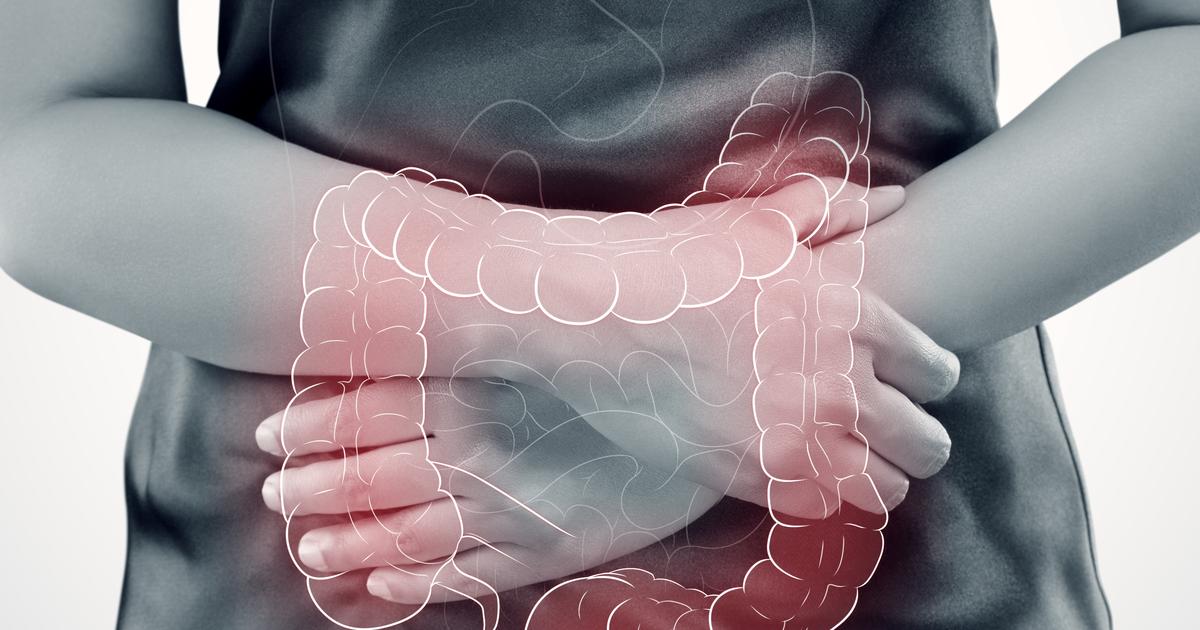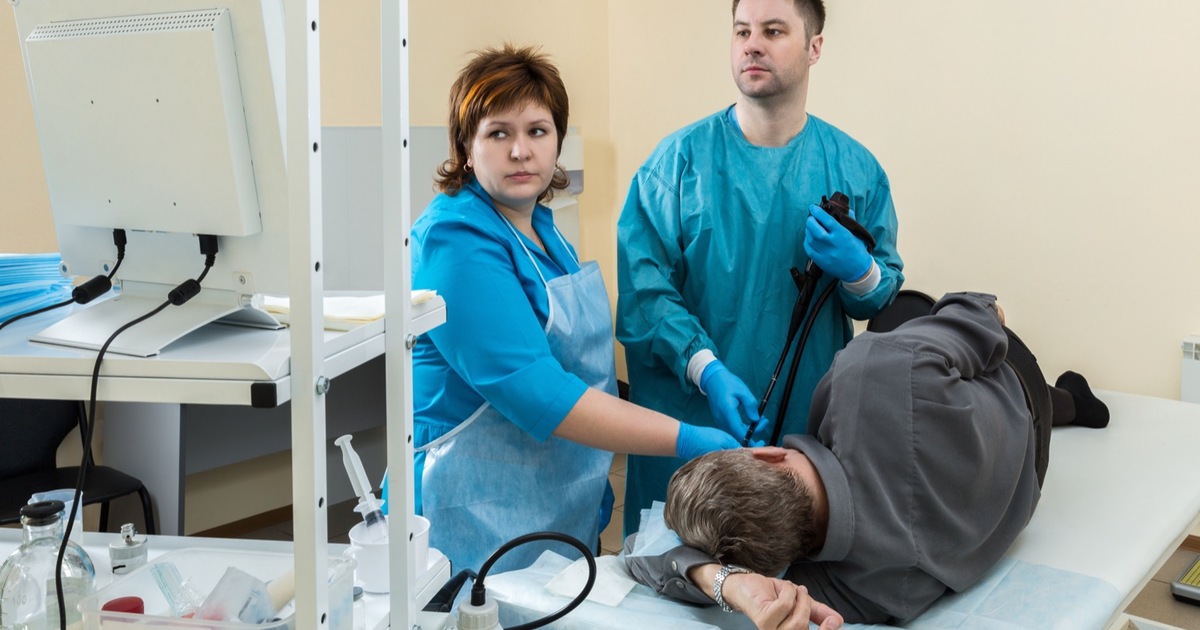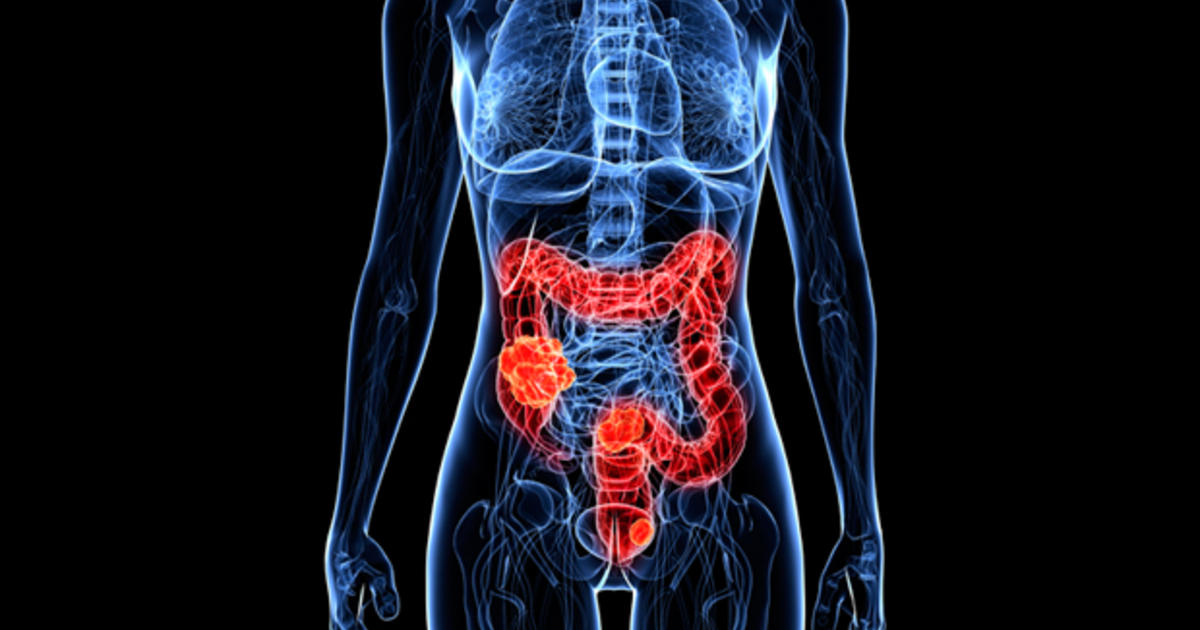Possible Causes And Complications Of Inflammatory Bowel Disease
Inflammatory bowel disease is a condition used to describe chronic inflammation of the digestive tract. The two main types of this condition are Crohn’s disease and ulcerative colitis. Crohn’s disease can affect any part of the gastrointestinal tract from the mouth to anus, while ulcerative colitis is confined to the large intestine. Symptoms common among inflammatory bowel diseases, specifically the two mentioned already, include cramping and abdominal pain, reduced appetite, diarrhea, chronic fatigue, fever, unexplained weight loss, as well as blood in the stool.
It is crucial to understand the different causes and complications of inflammatory bowel disease to ensure the most appropriate and effective treatment methods. Learn about these complications and causes now.
Immune System Malfunction

Ulcerative colitis and Crohn’s disease are autoimmune conditions, which occur when the immune system mistakes tissues and organs in the body as foreign invaders and responds by attacking them. This results in ulceration, inflammation, bleeding, abdominal pain, and fever. Severe cases of either of these conditions may include the formation of pus-filled ulcers on the lining of the colon, which causes problems eating, using the bathroom, and absorbing nutrients. Autoimmunity is the reflection of an overactive immune system and not an impaired one. It may be stabilized by eating an alkaline diet free of digestive irritants.
Keep reading to learn more about the common causes and serious complications linked to inflammatory bowel disease now.
Ethnicity

Inflammatory bowel disease is most common in the Caucasian population, especially in individuals of northern European descent and within the Ashkenazi Jewish population. Although the reason for this increased risk is not known, one theory is these groups have been exposed to genes associated with the condition more than other groups have. Recent research indicates the ethnic gaps are narrowing, especially with the exposure of Westernized diets to many parts of the developing world. One study suggested African Americans were more likely than Caucasians to undergo surgery due to inflammatory bowel disease.
Get more information regarding the potential causes and complications associated with the development of inflammatory bowel disease now.
Prolonged Antibiotic Use

Antibiotics kill bacterial infections by wiping out all the bacteria in the digestive tract. Unfortunately, this also includes the 'good' bacteria in the gut that makes up the immune system, which is the body’s primary line of defense against infections and other conditions. Taking antibiotics frequently may increase the risk of inflammatory bowel disease and other illnesses until the 'good' bacteria are restored. It is a good idea for patients to take a probiotic at the same time as a round of antibiotics to restore healthy bacteria to the gut while the antibiotic kills off germs causing the infection. Of course, they should consult a doctor for the appropriate recommendations on this topic to avoid other potential side effects and to increase the effectiveness of this option.
Discover more inflammatory bowel disease causes and complications now.
Inflammatory Foods

Diet plays a significant role in the development of inflammatory bowel disease, which means it helps in managing the condition as well. According to a 2016 study, children with Crohn’s disease were relieved of their symptoms when they followed the specific carbohydrate diet excluding grains, dairy, and processed sugars and foods. The specific carbohydrate diet in question consisted of fruits, vegetables, meats, and nuts. One of the authors of the study, which was the first of its kind, stated, “This changes the paradigm for how we may choose to treat children with inflammatory bowel disease.†With this in mind, individuals who are dealing with symptoms of inflammatory bowel disease may want to track what food they consume and any potential reactions. They can use this list when visiting the doctor to develop an appropriate course of action.
Uncover more information on the complications and causes often linked to inflammatory bowel disease now.
Stress

Research shows psychological stress, particularly the chronic variety, increases disease activity in inflammatory bowel disease. According to a 2005 study, stress-induced alterations in gastrointestinal inflammation may be caused by changes in the hypothalamic-pituitary axis function and alterations in bacterial mucosal interactions. Stress also affects inflammatory bowel disease through the alteration of mucosal mast cells, which are found in the digestive tract. Aerobic exercise such as walking, running, biking, and swimming may be able to help reduce an individual's stress. Everyone should make time for effective stress relief. Beyond the aerobic activities mentioned, other popular stress relief techniques include massages, aromatherapy, listening to music, and reading.
Continue for more on the complications and triggers for inflammatory bowel disease now.
Dairy

According to a 2014 study, many patients with this condition restrict dairy from their diet because it reduces disease activity, symptoms, and duration of flare-ups. Even if a lactose allergy has not been diagnosed, many individuals with inflammatory bowel disease and similar conditions may benefit from removing dairy products from their diet as it is an inflammatory food that often causes irritation of the intestines. On the other hand, raw milk and cheese with naturally occurring enzymes and cultures may reduce symptoms of inflammatory bowel disease.
Get more details surrounding the various causes and complications associated with the development of inflammatory bowel disease now.
Genetic And Environmental Factors

Lifestyle habits such as diet and exercise play a significant role in the development of inflammatory bowel disease and related conditions. Approximately thirty different genes have been linked to ulcerative colitis, and there are seventy-one genes associated with Crohn’s disease. However, these genes seem to be turned on or activated by environmental factors more so than genetics. In identical twins, there is a fifty percent chance that one will develop Crohn’s disease if the other has it. If one of the twins develops ulcerative colitis, there is only a six percent chance the other will get it. More research in this area is necessary to truly understand the full effects on inflammatory bowel disease.
Learn more about the different causes of inflammatory bowel disease and complications when it goes untreated now.
Medications

The exposure to certain medications, particularly prolonged exposure, may increase an individual's risk of developing inflammatory bowel disease. In fact, some research has linked oral contraception or birth control to a higher risk of both Crohn’s disease and ulcerative colitis. Other drugs that could play a role in the development of inflammatory bowel disease include isotretinoin, which is used to treat severe and persistent cases of acne (including cystic acne). Over-the-counter pain medications such as ibuprofen and acetylsalicylic acid may not cause inflammatory bowel disease in the first place, but they have been shown to worsen symptoms associated with the disease.
Read more about inflammatory bowel disease causes and serious complications now.
Bacteria Or Viruses

Researchers aren't fully sure what causes inflammatory bowel disease. One theory, though, touched on earlier, is the condition is caused by an immune system malfunction that occurs when the body is invaded by bacteria or viruses. As the immune system attempts to fight off this virus or bacterial infection, it undergoes an abnormal response that causes it to attack the digestive tract's cells. Even when a viral or bacterial infection isn't present, individuals may develop inflammatory bowel disease when their immune system reacts incorrectly to their commensal bacteria. This natural bacteria live in the digestive tract and help with overall digestion. When the immune system attacks the commensal bacterial, this leads to a loss of bacterial diversity in the intestine. There are also changes that occur in the types of bacteria present.
Continue for more on complications linked to inflammatory bowel disease now.
Bowel Obstruction

A bowel obstruction is a potential complication that can occur with Crohn's disease, though it's not as common with ulcerative colitis. Crohn's disease causes changes in the general thickness of the walls of the intestines. Different portions of the bowel might narrow or become thicker, leading to irregular movement of digestive content. If the bowel becomes too narrow or the walls become too thick, a full bowel obstruction may occur. This leads to a complete or partial blockage, which can, in turn, cause serious and potentially life-threatening problems. Depending on the severity of the condition, patients might need a surgical procedure to remove the affected part of their bowel.
Uncover more inflammatory bowel disease complications now.
Colon Cancer

The risk of developing colon cancer is higher in individuals with both forms of inflammatory bowel disease. When an individual doesn't have either form, medical professionals recommend beginning colon screenings at fifty years old and having a new screening done every ten years, provided the results come back normal. However, individuals with inflammatory bowel disease often need to get screened much more frequently. Patients can talk to their doctor about the frequency of screenings necessary for their case. A general rule of thumb is the first screening should occur eight to ten years after the inflammatory bowel disease diagnosis, regardless of the patient's age. After that, a screening should typically be done every one to two years to check for colon cancer.
Learn more about complications of untreated inflammatory bowel disease now.
Fistulas

Fistulas can sometimes occur in patients who have Crohn's disease. A fistula occurs when an ulcer extends totally through the wall of the intestine. It's the medical term for an abnormal connection forged between two different parts of the body. The most common type of fistula is a perianal fistula, which occurs around or near the anus. Some fistulas become infected, leading to the development of an abscess. Anal fistulas are tunnels that run from the anus to the surrounding skin. They can be repaired through surgical procedures if need be. If the fistula becomes infected, which is likely if it occurs in the anal area, it will lead to a swollen pocket of liquid and infected tissue.
Read more about inflammatory bowel disease complications now.
Malnutrition

Crohn's disease patients often experience malnutrition as a result of their intestinal issues. Cramping, pain in the abdomen, and diarrhea can all make eating difficult. If affected individuals know that eating leads to pain, they're less likely to eat as much as they need to and to take in the nutrients they need. Additionally, the lack of diverse bacteria means their digestive tract will have trouble breaking food down. Their body may not be able to absorb all the nutrients in their diet, which means affected individuals may need to take additional vitamin supplements or increase their nutrient-rich meals. Some patients also develop anemia, a low blood cell count, because their digestive tract struggles to absorb enough vitamin B12 and iron.